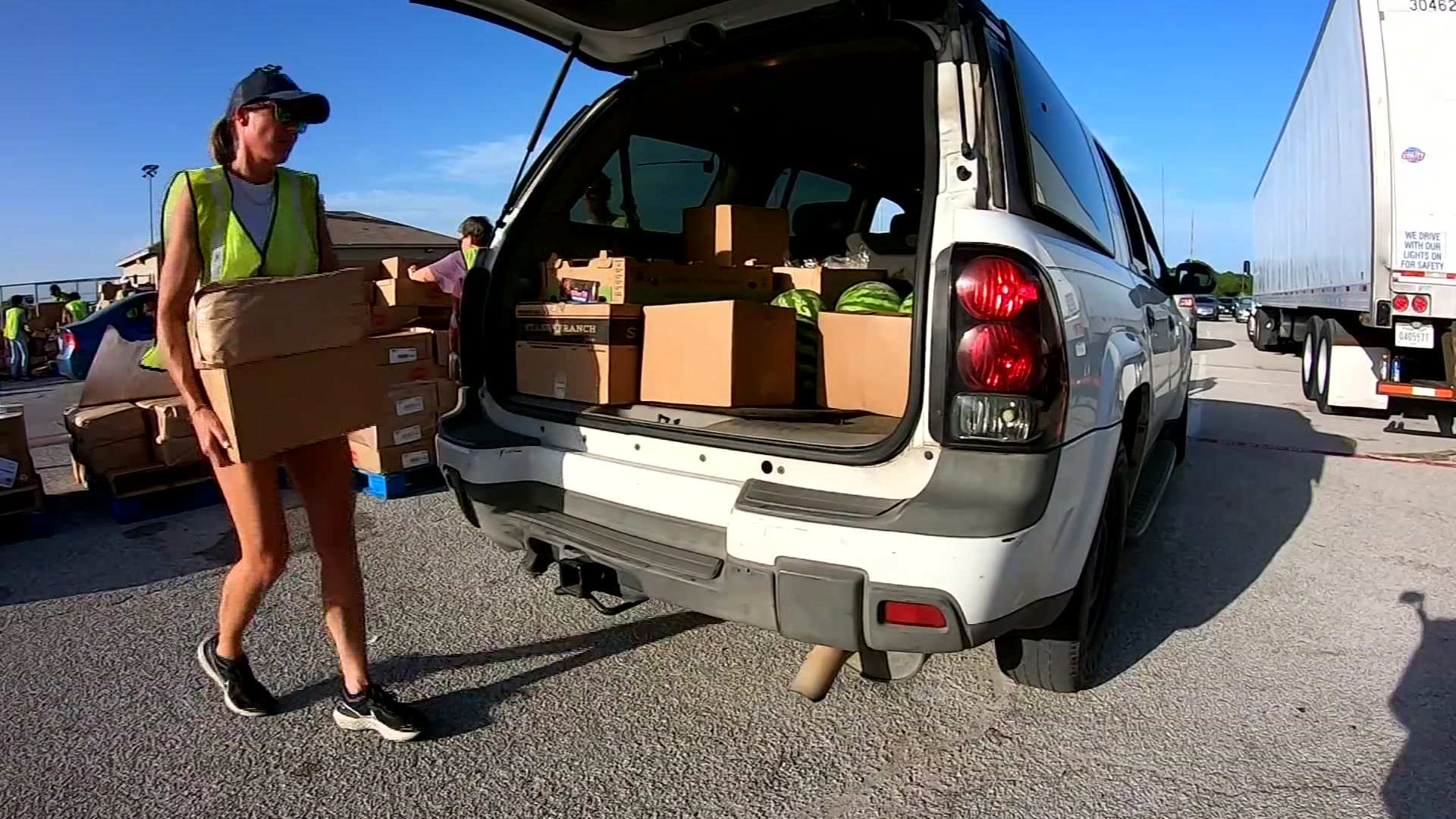While health care is getting an inordinate amount of attention in national politics, there are also concerns about changes here in Texas.
One of those changes involves 6,000 severely disabled children and 160,000 of the state’s most vulnerable children. It's called the STAR Kids program, and in November, there were adjustments made to the program.
For-profit insurance companies now act as a middle man on money that used to go directly from the government to pay bills for families. Adding the potential for more cuts to services in the current budget being debated in Austin is making many parents worried.
The Leeman family, of Grand Prairie, is one family living in fear of what the health care changes could mean to them and their vulnerable 11-year-old son, Victor.
Victor’s mom, Laura, will tell you her son is a very happy boy.
“He loves music. One of his favorite bands is the Beastie Boys. He's ready to do just about everything," she said.
Unfortunately, Victor can't do everything. When he was an infant Laura and her husband Gary learned that Victor had epilepsy. Laura remembers, “he used to have 50 or more seizures a day.”
Local
The latest news from around North Texas.
He also has cerebral palsy.
Victor, now 12, is totally dependent on his parents. The recent changes to the STAR Kids program have Laura and Gary worrying about the effect it will have on the assistance they get from Medicaid.
"I just did our numbers for 2016 and $317,000 was picked up by private insurance; $167,000 was not picked up and Medicaid has been picking that up. So without Medicaid, we would have to pay $167,000," Laura explained.
That was just last year for the Leeman family. This year their total is already more than $200,000 and that is just through March.
They say they’re not sure what they’d do if that Medicaid money went away.
“I don't like to think about this,” Laura said. “I will do everything I can to be sure Victor is with us, but many families will be forced to institutionalize their children.”
“My child needs oxygen now because he is medically fragile. If I don't have support to give him oxygen, is the state's answer, ‘Oh well, tough luck, too bad on you?’ Well, that is completely heartless and it's wrong and I think we all know that it's wrong.”
The Leemans haven't been denied coverage yet, but every envelope they open is filled with stress.
Laura cried as she explained the situation.
“I couldn't imagine how we could pay $165,000, and he's worth every penny. Every child, every person is worth every penny.”
NBC 5 reached out to Texas Health and Human Services. They denied our request for an interview, opting instead to send a lengthy statement and statistics which said, in part, that the complaints they get represent a very small percentage of children in the STAR Kids program.
They did not give us any specific numbers to support that claim.
We also asked Texas Sen. Jane Nelson (R-Dist. 12) to talk to us. Nelson was a co-author of the legislation that changed the STAR Kids program.
She replied with a statement saying, "I have met with families, listened to hours of testimony and am carefully monitoring this transition to ensure that children receive the services they need. I am working with the agency to assist every individual who has contacted my office."




